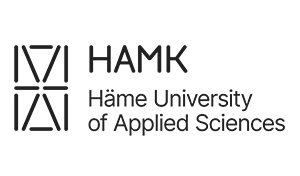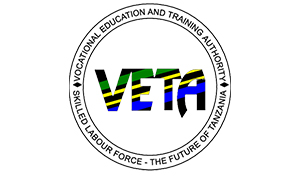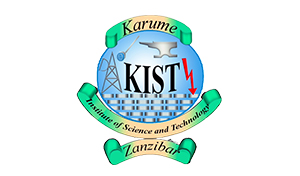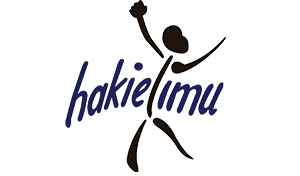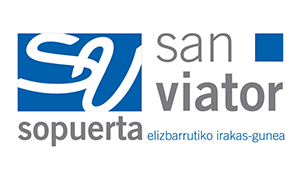
About
TVET@Work
TVET@Work project’s main objectives are to build the capacity of vocational education and training (VET) providers and teachers to strengthen public-private cooperation for demand-orientated and opportunity-driven VET interventions and improve the quality and responsiveness of TVET to economic and social developments. The project’s specific objectives are aligned with regional and national development strategies. The objectives will be achieved by focusing on VET teacher training. VET teacher trainers and trainees will be equipped with the skills to train entrepreneurship for their students using digital solutions, equip them with digital pedagogy skills, and with skills on how to cooperate with the industry, including the inclusion in industrial attachments and civic engagement. To promote the cooperation between VET and the industry, we will produce a Guidelines and Toolkit for practical implementation. Participatory methods will be used throughout the project from planning to organizing and evaluating the activities. All the tools, guidelines, training programmes, and digital solutions will be jointly elaborated, developed, and assessed in co-creative workshops. The main target groups are the VET teachers and industry representatives.
Indirect beneficiaries are the VET students who will gain from increased quality and innovations in entrepreneurship skills training, TVET teachers’ pedagogical skills, especially in digital solutions, improved industry cooperation practices, and updated civic engagement skills.TVET@Work will have positive and long-lasting effects on the students, on VET teachers, participating organizations, and on the policy systems through guidelines dissemination. The overall impact is ensured by aligning the objectives with national strategies and the relevance of consortium members and their legitim and recognized mandate in instilling the results.



